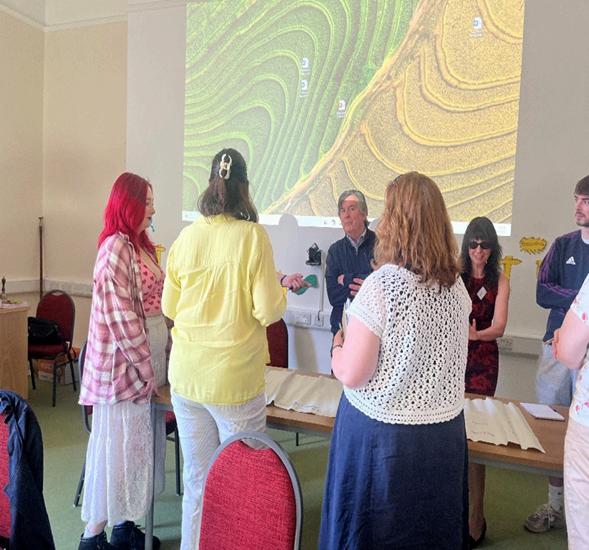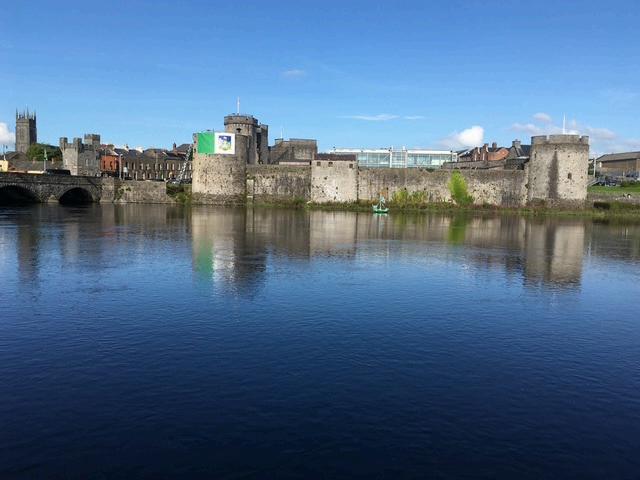
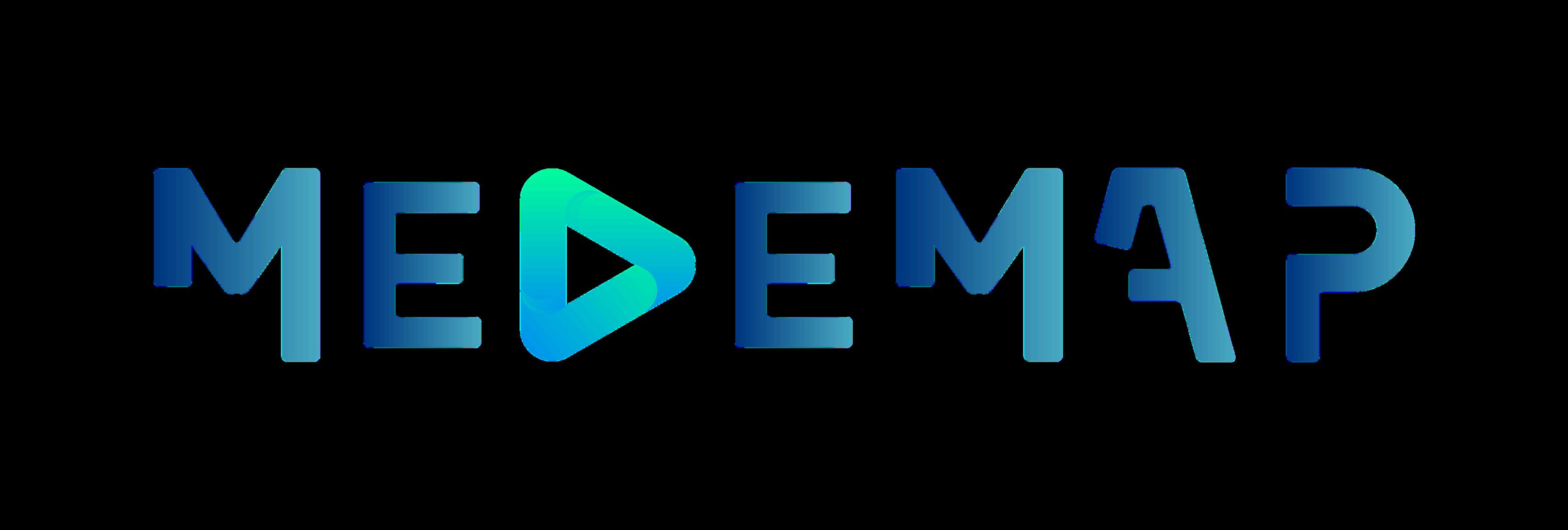

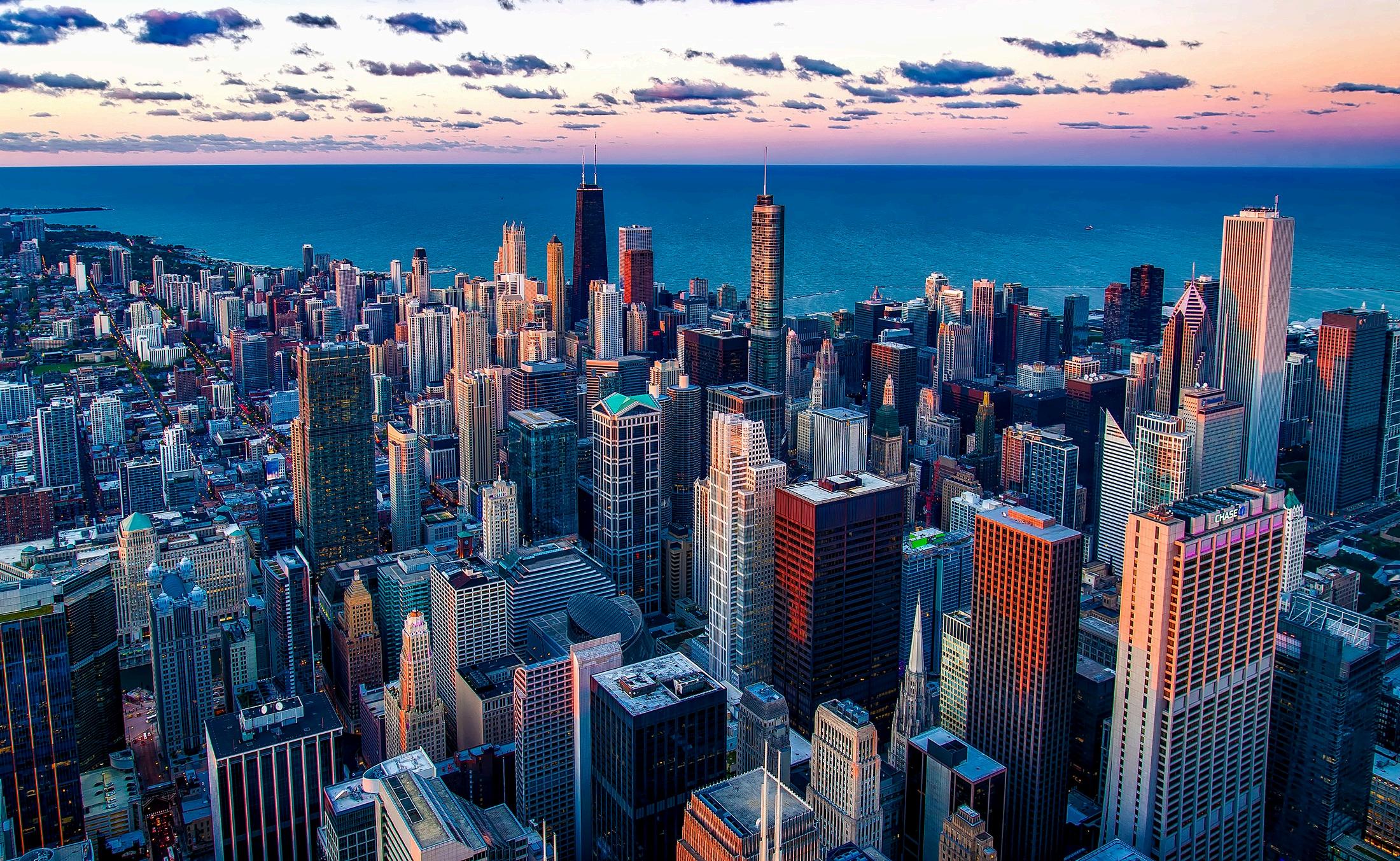

The MeDeMap project aims to help future-proof pathways to strengthen democracy through improving the accountability, transparency, and effectiveness of media production, while also expanding active and inclusive citizenship.

What is MeDeMap
What is a citizens’ parliament
The Process
Images of work in progress
Democracy
Resolutions on Systems
Resolutions on Representation
Resolutions on Participation
MeDeMap: Overview
Overview of Irish Focus Groups
Impact
Acknowledgements



pThis is a pan-European, 3-year research project undertaken by 10 European countries: Ireland, France, Estonia, Slovenia, Czechia, Germany, Austria, Portugal, Italy, and Poland.
ThenameMeDeMaPsaysitall.
HowcanweMAPwaysfortheMEDIAtosupportandprotectDEMOCRACY?
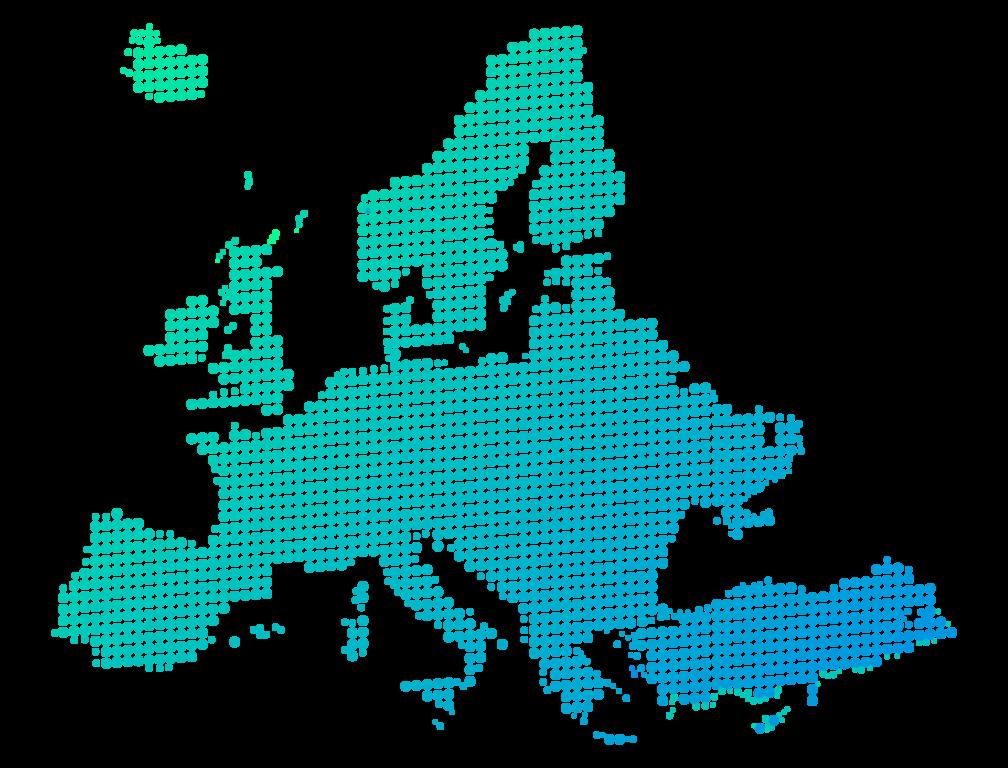
The Irish research was led by Dr Rosemary Day, Head of the Media and Communications Department at Mary Immaculate College, Limerick. Researchers on this project were Jude McInerney and Kathy Cush, also from the Media and Communications Department in Mary Immaculate College


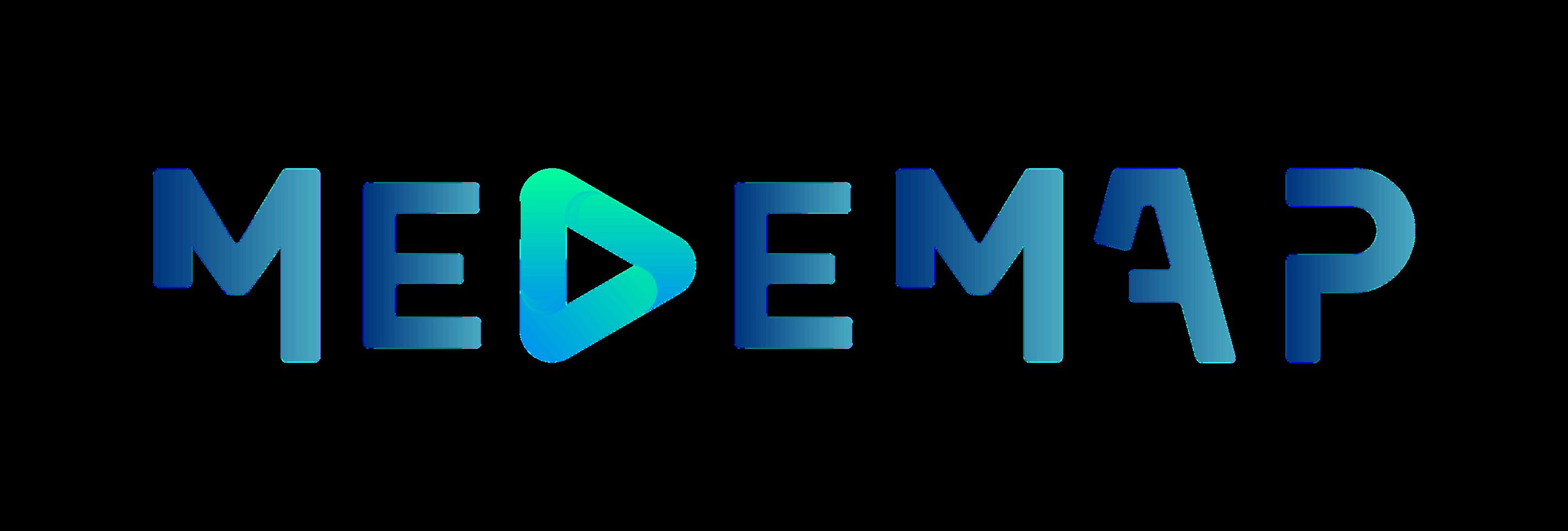
What is a Citizens’ Parliament?
The citizens’ parliament is the capstone of the MeDeMap project, enabling us to build a map to support journalists in protecting democracy for the future.
The research project studies the extent to which certain media, under which conditions, perform which democratic functions, for which audiences, thus making it apparent what is at stake for democratic media and for democracy itself.
Citizens' parliaments are democratic tools to empower citizens and to enable their voice to be heard. Citizens are given information by experts, they debate and deliberate on issues, and they formulate recommendations or resolutions to bring to those in power. The expectation is that politicians, civil servants, business owners, and other stakeholders will use these resolutions as a resource and as an impetus for change. In this way, the work of the citizens will have an impact.
Citizens' parliaments do not replace the democratically elected parliament or government, but they complement and enrich them, allowing for more citizen participation.
Ireland has a rich history of operating Citizens' Assemblies. This experience was drawn upon to convene the National Citizens’ Parliament on Media and Democracy.


What is a Citizens’ Parliament?

After an extensive advertising campaign, twenty citizens were chosen from a field of over 60 applicants. They were chosen to provide as wide a range of diversity as possible. This initiative provided Irish people with the opportunity to be part of this democratic research.
It also provided Irish people with the opportunity to participate in innovative research and, more importantly, to have their say about how we should support the media to protect democracy.
The theme of this Irish Citizens' Parliament was media and democracy. Participants reflected on the role of media in strengthening Irish democracy. Issues that were discussed are:
How to organise the Irish media landscape to better serve democracy
How particular media content can better support democracy
How to ensure fair representation for everyone in the media and in democracy
How citizen participation can be enhanced in and through the media




The Information gatthering stage
After a briefing by experts at the start of each day, the citizens went on to discuss the issues highlighted and to formulate resolutions on how to protect journalists, free speech, and the public’s right to information so that democracy can run smoothly and not be corrupted or co-opted by undemocratic persons or forces. They produced 22 resolutions divided between media SYSTEMS, REPRESENTATION, and PARTICIPATION
Denis Wolinski; OFCOM, BAI
Fergal Quinn, UL
Roddy Flynn, DCU
Joe Nash, Live 95; Áine Fitzgerald, Limerick Leader
Lunch with Councillors and TDs
Eileen Cullotty, DCU
Sindy Joyce, Ul, Traveler activist; Lylian Fotabong, MIC, Refugee activist
Brian Greene, Community Media Activist
Calum Fabb, Coimisiún na Meán, Social Media R l ti
Experts from the international MeDeMap team who presented topics to the citizens via video were: Dr Nico Carpentier (Charles University, Prague), Dr Vaia Doudaki (Charles University, Prague), Dr Beata Klimkiewicz (Jagiellonian University, Krakow), Dr Jeffrey Wimmer (University of Augsburg), and Dr Andrea Miconi (IULM University of Milan)



Images of work in progress: citizens write their opinions on cards, images 1 and 2. The citizens then deliberate in small groups and form resolutions, image 3. These groups come together in the citizens’ parliament, where they vote on and finetune the resolutions on Systems, Representation, and Participation, image 4. The citizens also discussed, What is Democracy?

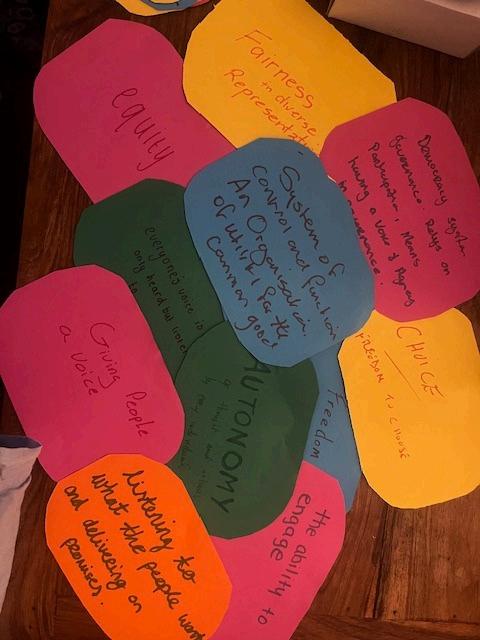
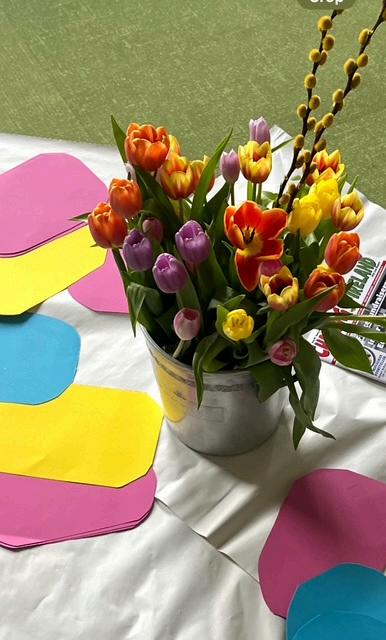
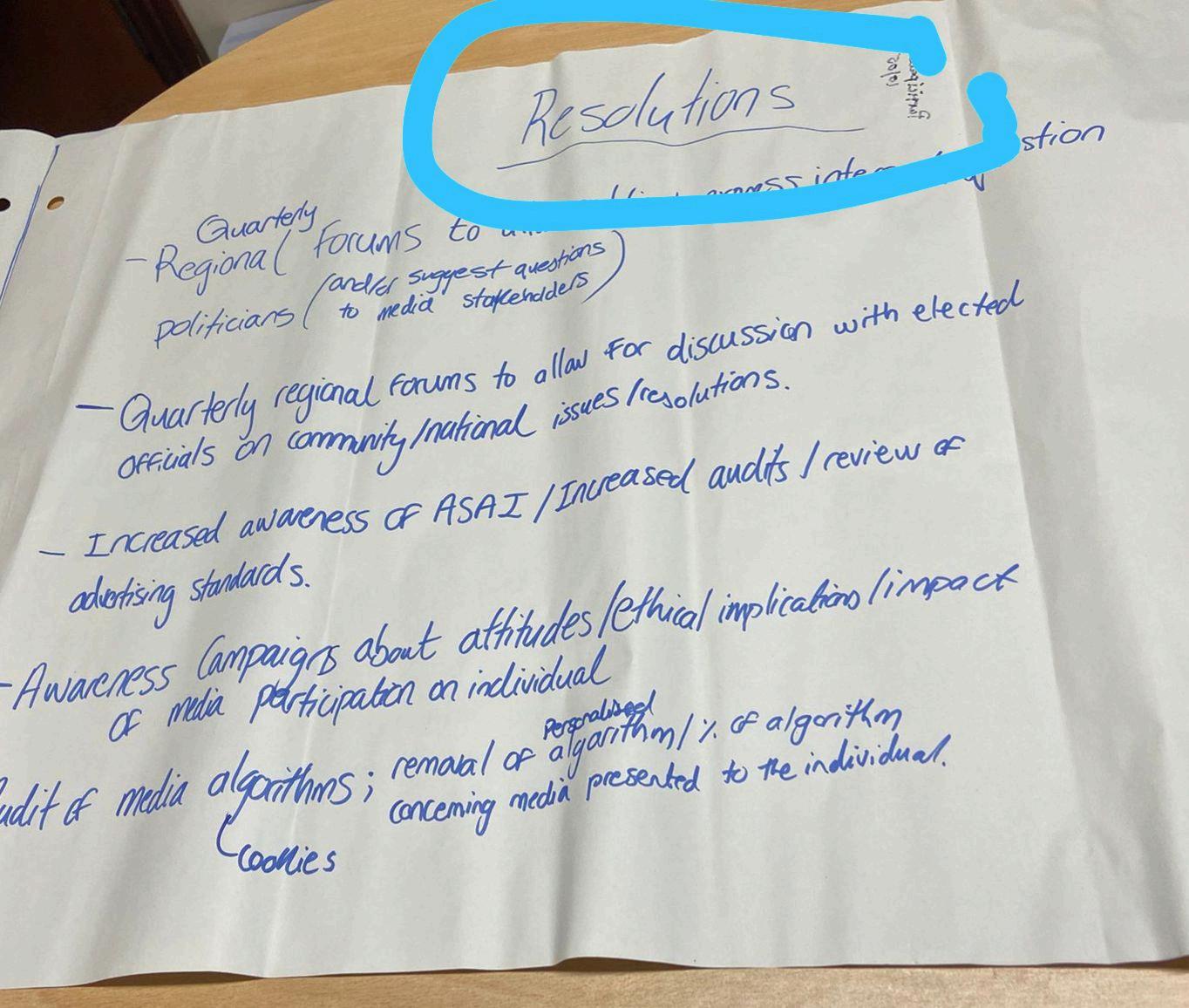

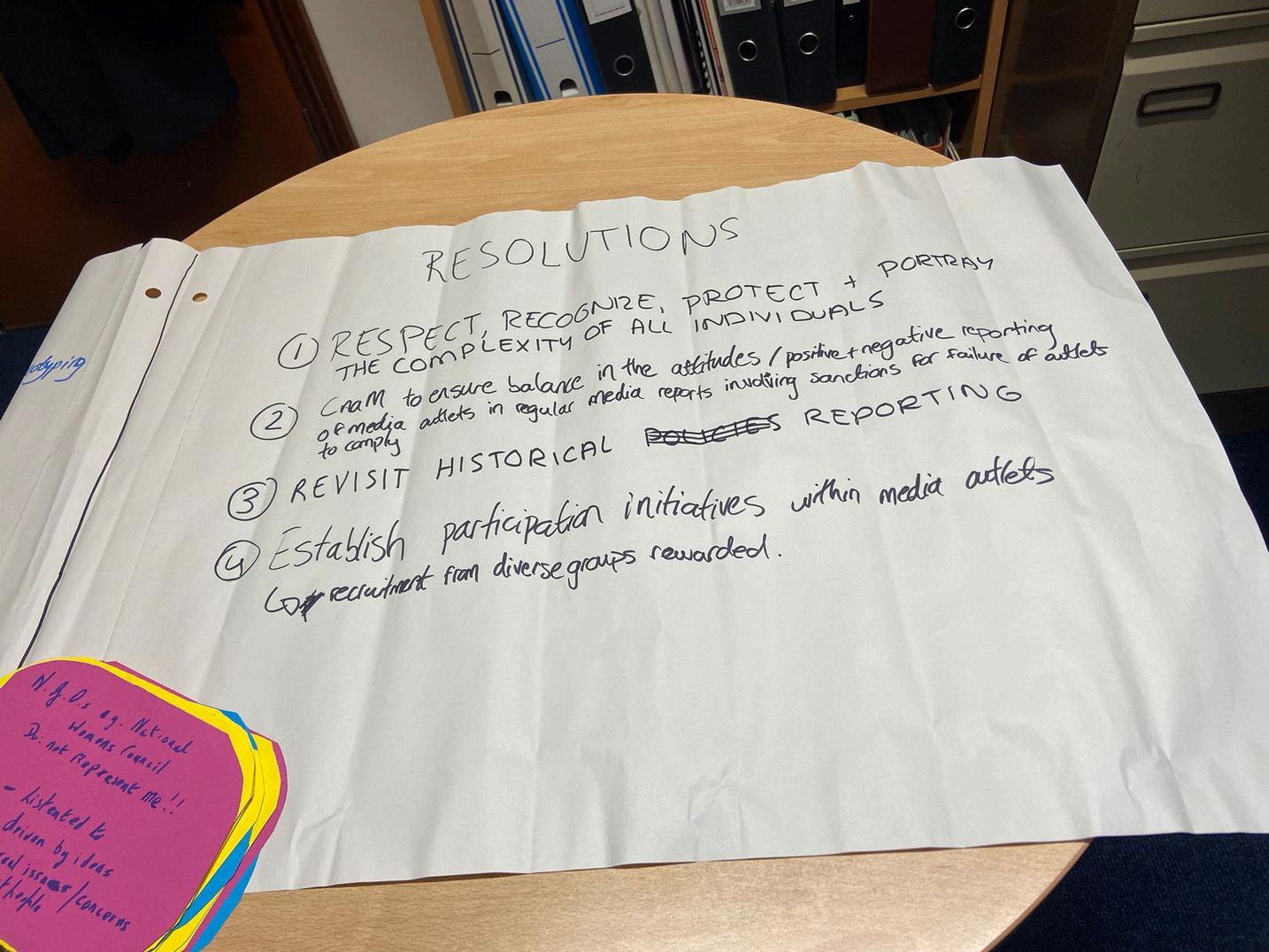


Irish Citizens’ responses to:
What is democracy to you?
Listening to our people, to what they want, and delivering on policy
Autonomy of thought, of actions, the possibility to think and act autonomously without being dictated to! !
Democracy is putting my views out there with the expectation that they will, at the very least, be considered.
Democracy is :
Transparent, Fair, and Honest,


Freedom to choose how we live, who our leaders are, and in a society that does its best to treat all fairly.
WHERE COUNTRIES GOVERN FOR THE GOOD OF ALL CITIZENS




